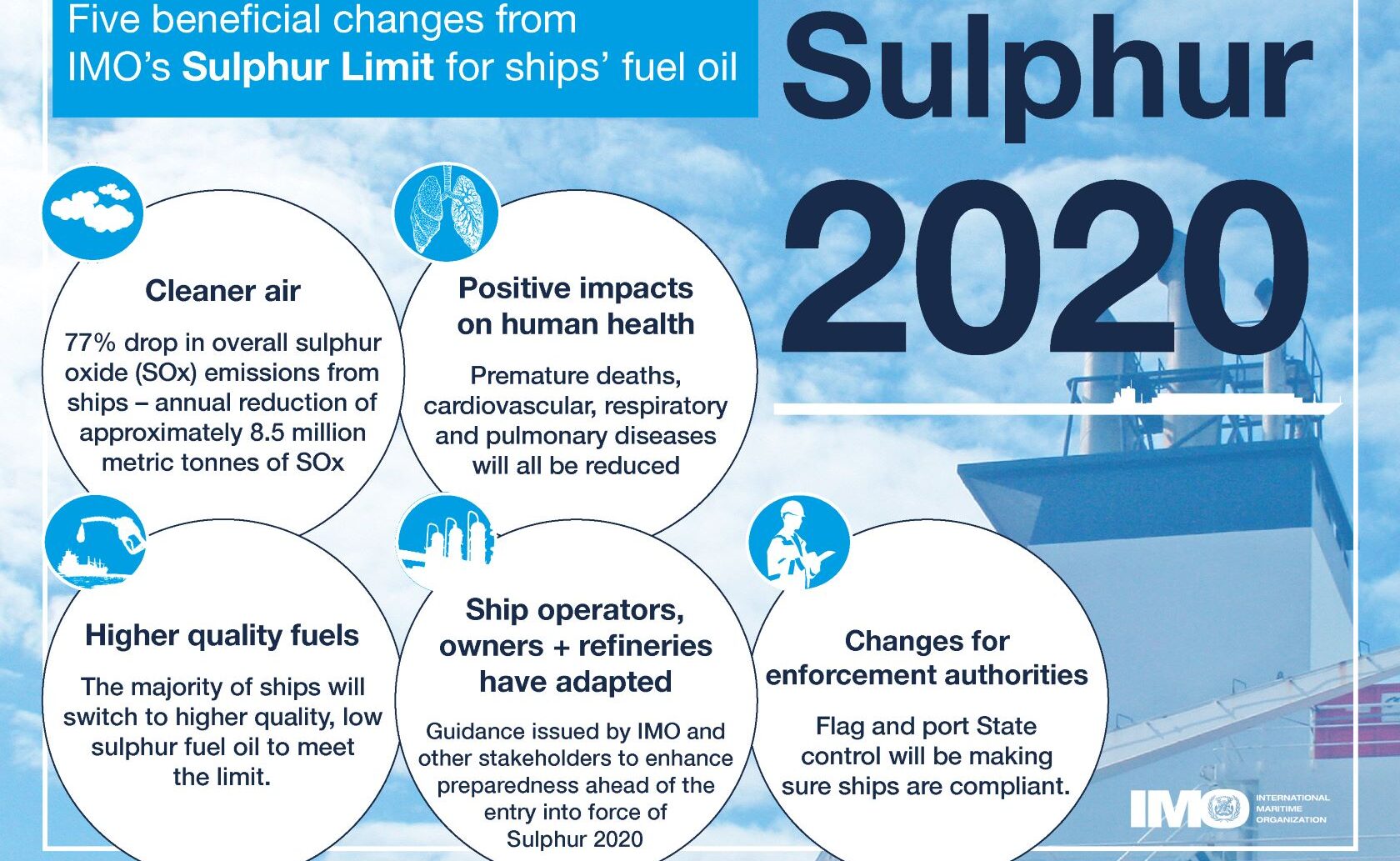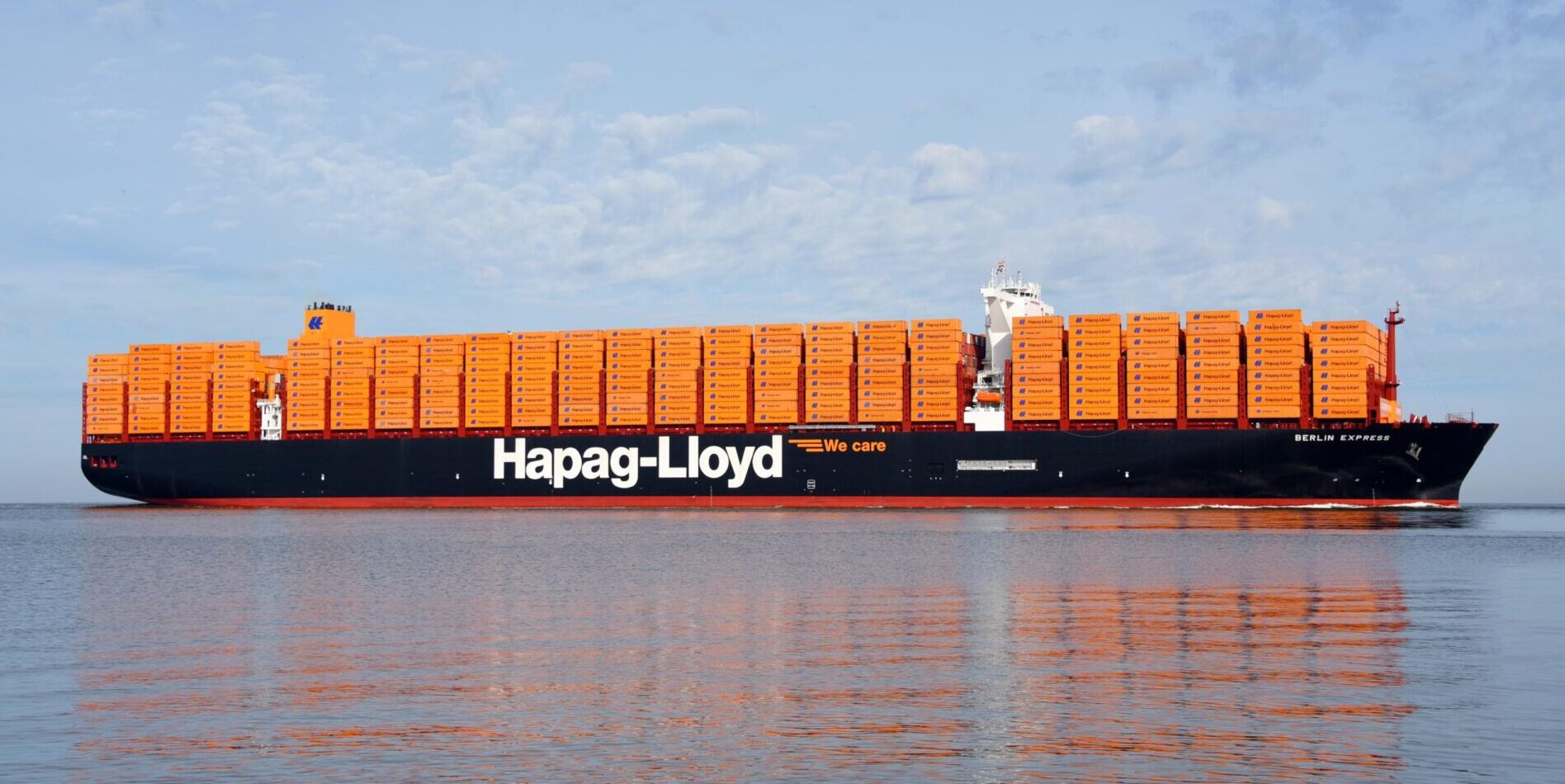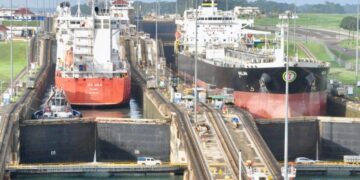Since 1 January 2020, the entire shipping industry has become "greener" thanks to "Sulphur 2020"
At the turn of 2020, the IMO banned cheap but dirty heavy fuel oil with a high sulphur content. The shipping industry had two options to react: Switch to light fuel oil (marine diesel with lower sulphur and heavy metal content) or install an exhaust gas purification system (scrubber). The majority of shipowners opted to switch to alternative marine fuels or liquefied natural gas (LNG).

5 positive reasons in favour of the "IMO 2020" sulphur regulation. Graphic: IMO
The aim of the regulation was to significantly reduce sulphur emissions. The permissible sulphur content of marine fuels was reduced from 3.5 % to 0.5 %. Sulphur emissions (SOx) are blamed for causing respiratory diseases and are a component of acid rain, which damages vegetation and wildlife. Thanks to cleaner air, more than half a million premature deaths from lung cancer and cardiovascular diseases alone should be avoided between 2020 and 2025.
Access?
- Access to all articles from the marineforum magazine
- Easy payment via PayPal, direct debit or credit card
- The subscription can be cancelled at any time free of charge
- Free of charge for MOV members












0 Kommentare